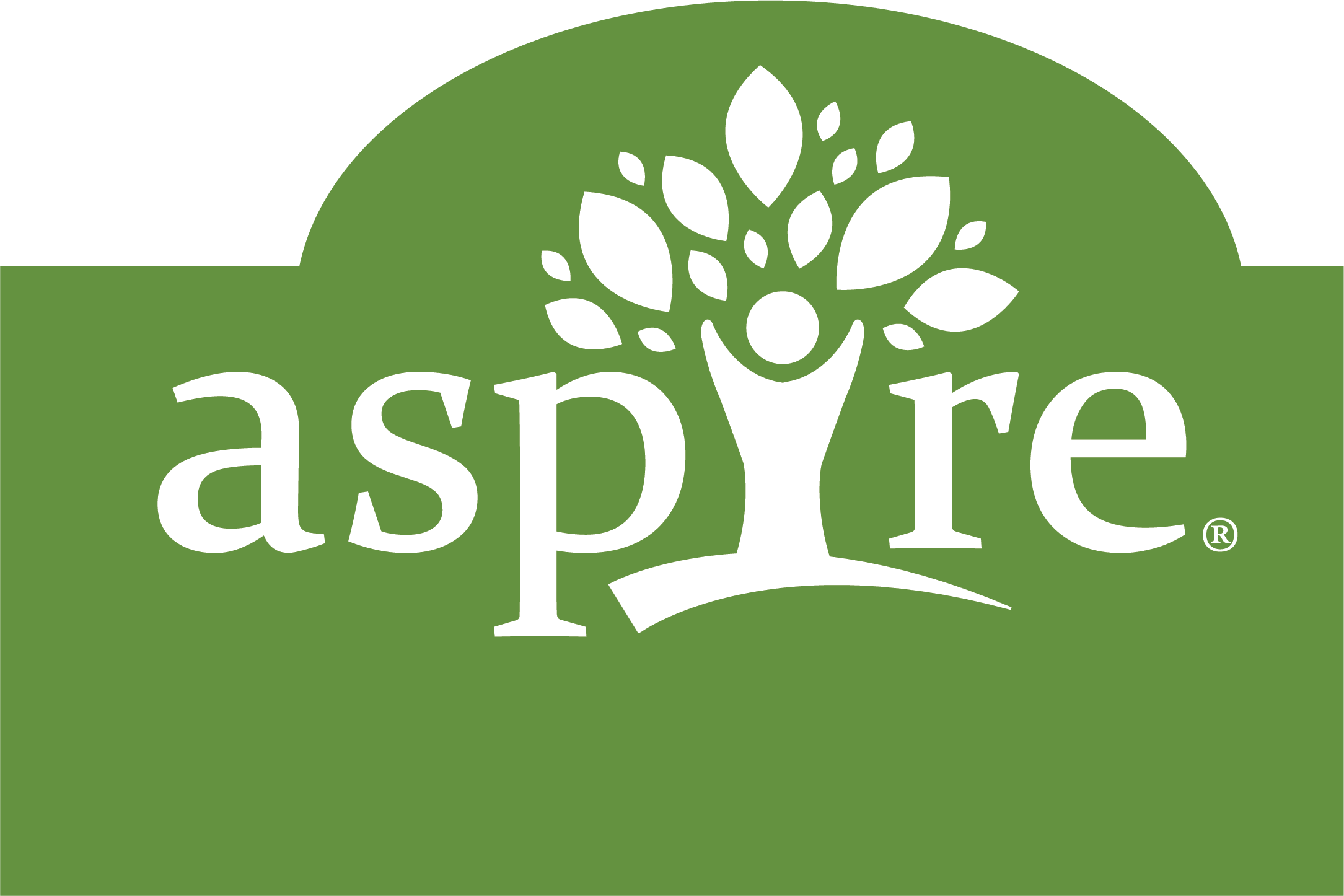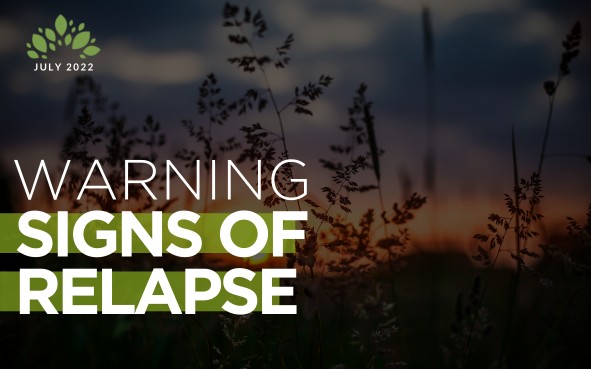Warning Signs of Relapse
While Aspire Counseling Services has lower rates of relapse than many other substance use treatment facilities, we realize that rates of relapse are significantly high, between 40%-60% according to the National institute of Health. Relapse is not a failure of treatment, or the individual, addiction took a long time to occur, and the emotional, mental, and physical effects on your body are long lasting. If you learn the signs of the various stages of relapse, and how to deal with those symptoms, then you are less likely to fall into a full relapse.
Emotional Relapse
The first stage of relapse is Emotional Relapse. It is crucial that you understand the warning signs of this stage, because if you use the healthy coping skills you have learned at Aspire Counseling Services, you will stop the progression into the next stages of relapse. Emotional Relapse occurs long before you begin using alcohol or drugs again. It is your first warning that you need to take action.
Emotional Relapse is called that because it is primarily your emotions that are involved. Many people feel restless, depressed, and lonely. However, along with the emotions, comes denial that prevents many people from taking the necessary steps to cope with their emotions. They are convinced that they will never relapse and ignore their emotions and the need for self-care during this process. The key to overcoming Emotional Relapse and avoiding progression into the next stages is to use the coping skills you have developed through the counseling sessions and group meetings at Aspire Counseling Services. Make sure you are taking the time to focus on yourself with good self-care habits as well as attending all meetings and participating in your substance use treatment program.
Signs of Emotional Relapse
- Isolating yourself from others
- Poor eating and sleeping habits
- Denying your feelings
- Avoiding support meetings or not sharing at meetings
- Stopping substance use treatment counseling sessions and meetings
- Focusing on others’ problems and avoiding your own feelings
Mental Relapse
If you do not practice self-care and fail to participate in your substance use treatment program, you will likely progress from Emotional Relapse into the Mental Relapse. During Emotional Relapse, you don’t think about using drugs or alcohol, you are in denial and convinced you will never use again. But once you move into Mental Relapse, drugs or alcohol are all you think about. Intense cravings and internal bargaining begin, and you start lying to yourself that you can use just a little, or just on weekends. The desire to use will become stronger if you do not reach out for support from your counselors at Aspire Counseling Services. Minor cravings throughout recovery are normal, but when you begin justifying opportunities to use and making excuses to not participate in treatment, you will end up in Physical Relapse without help.
Signs of Mental Relapse
- Bargaining
- You begin bargaining with yourself that you will use just once, or only on weekends.
- Rose Colored Glasses
- You fondly remember the past times you used drugs or alcohol and think about the people and places you went. You do not remember or choose to minimize the negative aspects.
- Lying
- You lie to yourself and everyone else about the thoughts and feelings you are having about using again.
- Searching for Ways to Use
- You begin actively planning how to use drugs or alcohol, still convinced you can maintain control. You actually start searching for where to get the drugs and may even begin visiting bars and places you used to frequent.
Physical Relapse
This is the final stage of relapse, actively using drugs or alcohol again. Some people have just a one-time lapse and get right back on the road to recovery. Unfortunately, it is much more likely that an individual will struggle to get back into recovery. A physical relapse is much more difficult to stop than any other stage. It is not impossible to regain sobriety, it is just that much more difficult because of the emotional thoughts of failing to maintain their sobriety.
Evan Cason at Aspire Counseling Services recommends to his clients that if they are having thoughts about drinking to “play the tape all the way through”. Don’t stop at the thought that they can have just one drink, play the tape through to the point they are drunk in handcuffs, waking up in the park, or getting the DUI that may have gotten them into treatment in the first place.
The point is, treatment provides you with the tools and support that you need to maintain your sobriety, but it is up to you to use those tools and seek that support when you need it. Recognize the early signs of relapse and seek help before you advance into further stages.

Planting Seeds, Saving Lives
Copyright © 2024 Aspire Counseling Services® | Privacy Practices | Powered & Designed by Citryn, LLC

Planting Seeds, Saving Lives
Available 24/7 (888) 585-7373
FOLLOW US ON SOCIAL MEDIA
MENU
LOCATIONS
Privacy Practices
Copyright © 2022 Aspire Counseling Services®
Powered & Designed by Citryn, LLC

